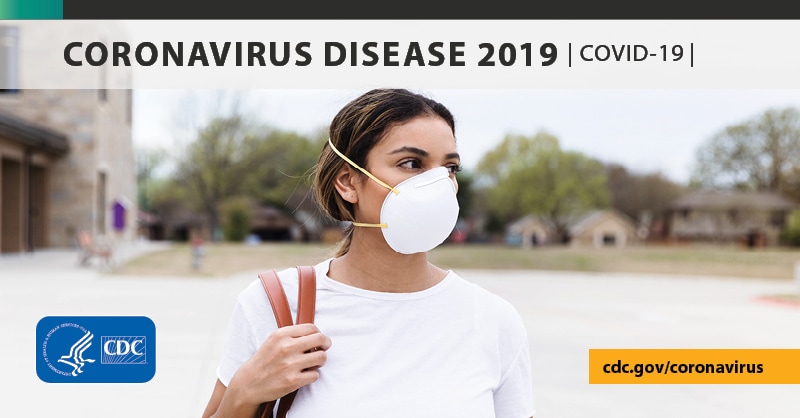That thread wasn't the most helpful.Here is a Twitter thread that expresses my feeling about all of this far better than I could. I'll only embed the first tweet here, but you should really click it and read the whole thread for the full context and explanation.
The math on effectiveness of different vaccines, masks, combinations, someone's personal risk don't help either.
They're both missing the point, and hence arguing about the wrong stuff.
There is no direct relationship between someone getting the vaccine and stopping mitigations. Neither when enough is available or when an individual gets vaccinated.
The relationship is when community spread is reduced enough, then mitigation efforts can be reduced and stopped.
Enough vaccine distribution should cause community spread to drop, which will then allow mitigation to stop. It's a step removed between them, and we better hope that enough people are convinced to vaccinate that we get the reduction.
If we want to fight about when different businesses, restaurants, schools, whatever are going to drop mitigation A or B, we should argue about daily new case counts (per 100,000), daily deaths, or positivity rates, along with what mitigations drop with each metric at different levels.
I think we'll need relatively low daily new case counts, which will lead to low daily deaths, along with I think we'll need a very low positivity rate. My guess is somewhere below 150 daily deaths nationally, and a positivity below 1% for all mitigations to be gone. But, I expect different things will be dropped before that, as long as after they're dropped the metrics continue to trend down. My guess is capacity restrictions will go before masks, including opening anything that's still closed. Debate on which should be removed first as the metrics trend down and at what levels would be interesting too.
If we want to place bets on when Disney does different stuff, that might be fun in a dark comedy sort of morbid way. Anyone want to place a bet one when social distance in ride queues ends? Above or below 500 daily deaths or 5% positivity? I would certainly put removing this restriction ahead of removing masks or opening buffets.

